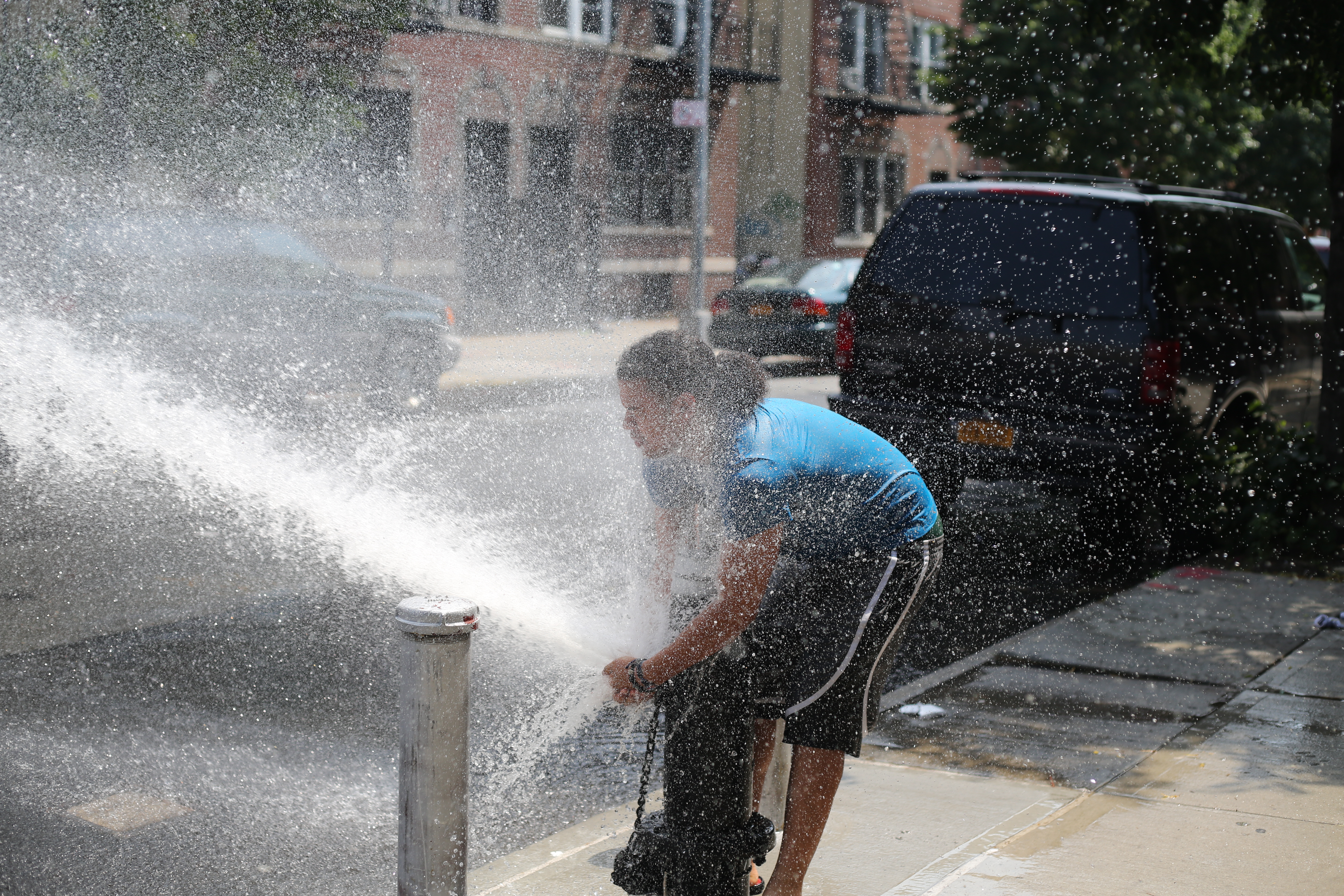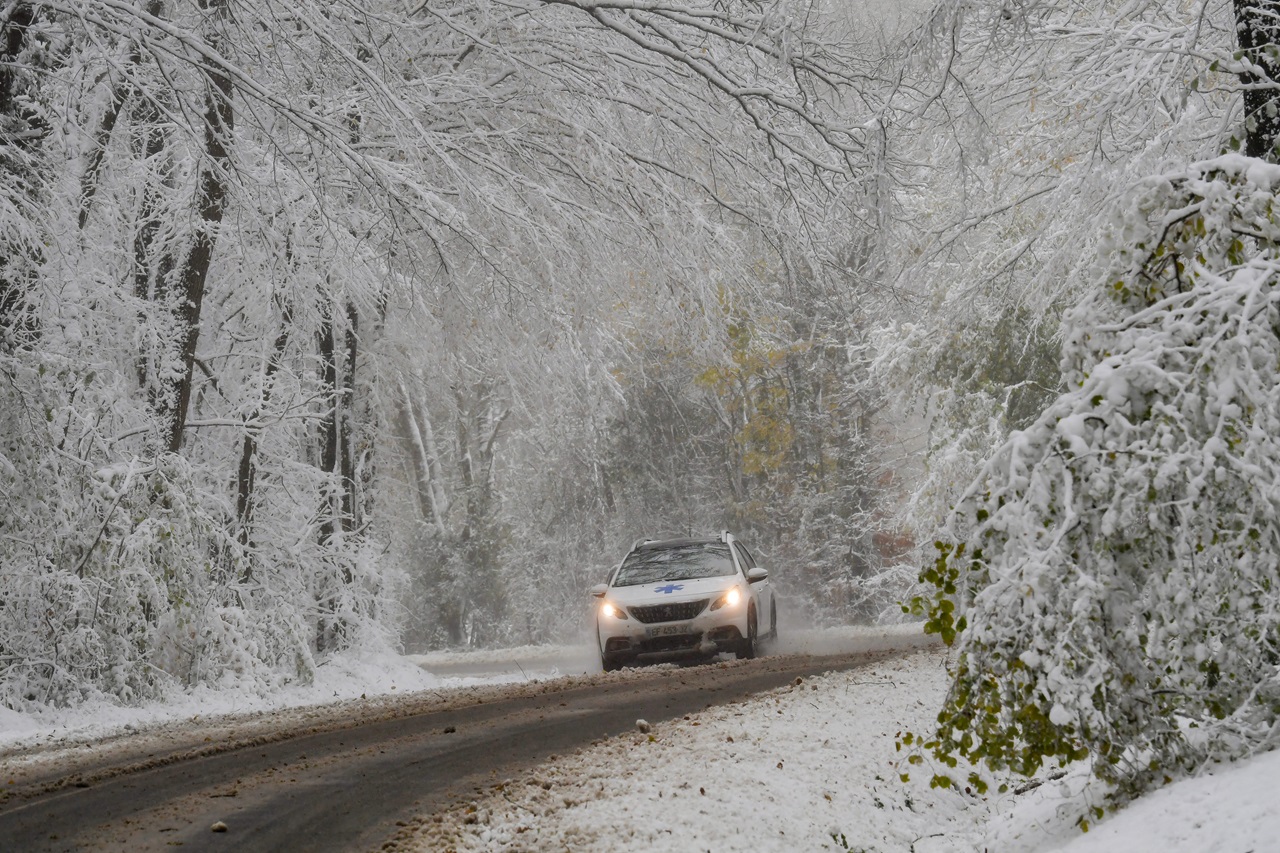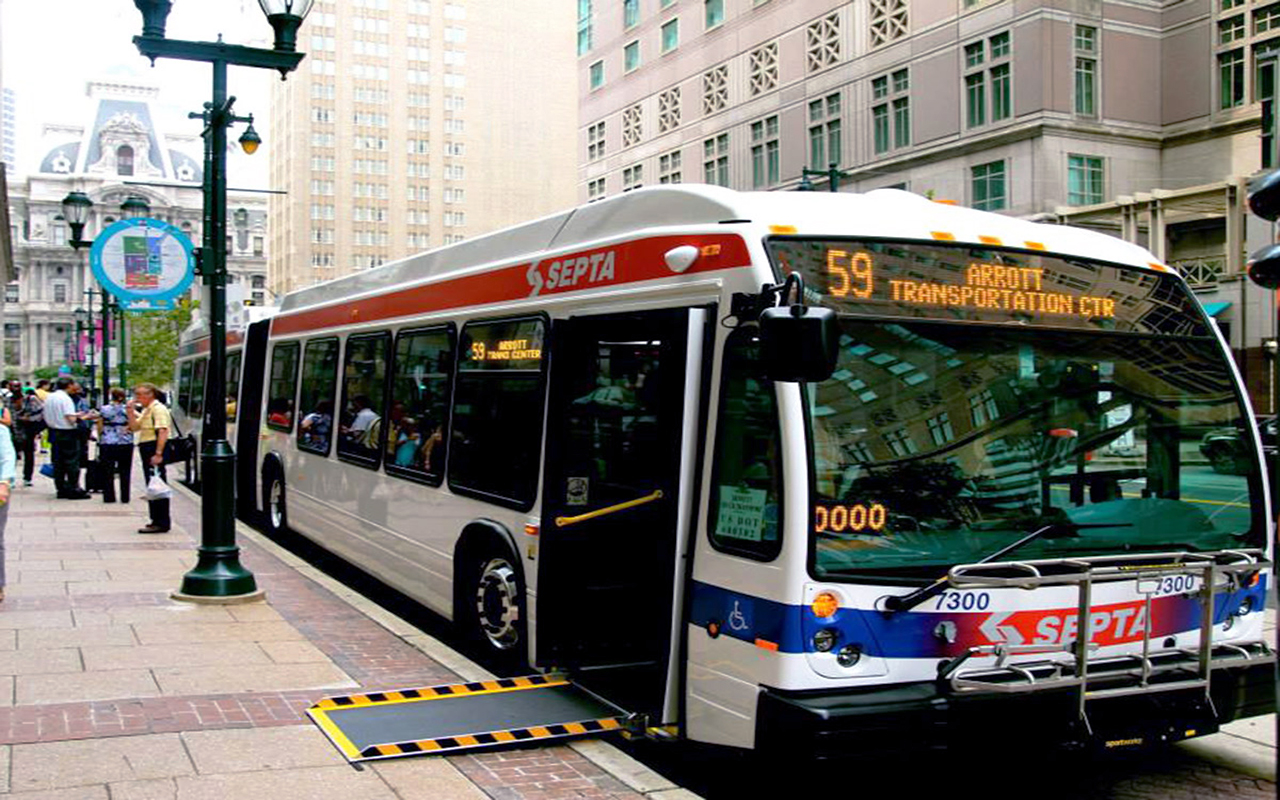
PSA: How to chill out and not kill your neighbors this summer
In a 48-hour window between Saturday and Monday, Philadelphia reported at least 24 gunshot victims across the city. Scads of comments on social media cast blame on the deteriorating condition of inner city neighborhoods. But an equal number of them chalked it up to the summer heat.
One person deferred to rapper 50 Cent for explanation: “In the hood summer time is the killing season / It's hot out in this b**** that's a good enough reason.”
Nationally there is some correlation between aggressive behavior and high temperatures. On a local level, Citified analyzed the first 25 weeks of crime data in 2015 and found that gun-related incidents jumped as the weather got warmer.
After a long time indoors, sunny days lure people into the street for long stretches of the day. The block becomes a stage with everyone’s pet peeves out in the open. Small misunderstandings escalate into shirtless street fights. Parking spaces become contentious political territories. And sometimes cracking open the fire hydrant on the corner isn’t enough to ease the tension.
Yesterday, every media outlet in the city got a memo from the Philadelphia Commission of Human Relations (PCHR), and we consider it a civic duty to publish it.
Here are their five tips for keeping things level on your block.
1. Mind Max
High temperatures can be harmful to pets, especially dogs who may normally roam yards. But whether the windows are open or closed with the AC running, increased indoor barking can be disturbing as it travels through the walls. Likewise, your pup’s poop and pee tend to be more pungent in the heat. Stay on top of these matters to stay on the good side of fellow residents.
2. Tackle that trash
It could be sticky popsicle wrappers or remnants of those steamed crabs. If it’s left to sit outside, uncovered, it won’t take long before bugs and other critters come to explore its contents. And let’s not forget the stench, because humid air makes smells hang even heavier. Don’t put your neighbors through that. Dispose of your waste properly –on the correct day of the week.
3. Corral the kids
We know – they have energy for days, and you want them outside so they don’t get on your nerves. But don’t let them get on someone else’s. Set play boundaries for them. Connect with your neighbors and try to create fair rules, like how to pursue those errant balls that go rolling into yards. Cut a deal with your kids on how loudly they can play and for how long. The sudden influx of squeals and arguing over who is “it” in a game of tag can puncture what had been a fairly quiet landscape just weeks before. It can be jarring, especially for retirees or people who work at home. Have a conversation on what consideration looks like and have them stick with it.
4. Contain the cookout
Many of us love those charcoal-infused flavors. But fewer of us love an invasion of smoke inside our homes from grills that are too high or close. Ditto diminished parking when someone decides to spread out their set up – grill, chairs, bar, double-parked cars, etc. – in the street, and without notice. Give your neighbors a heads up by ringing their bell or dropping them a note to let them know of your plans. As a bonus move, ask them to bring a plate and join the festivities.
5. Choose calm over chaos
Scratched car. Trampled garden. Stolen lawn chair. Any of these are enough to set someone off. But before flying off the handle, get facts. After discovering the offender, see if you can speak with that person, or, in the case of a child, the parents. Listen first. Explain your concerns in a quiet manner. Try and negotiate with the other side. Work together and find a mutually agreeable repayment. If the person is unresponsive or unreasonable, seek a third-party to intervene, such as a block captain – or us.
There is no magic bullet to squashing neighborhood beefs. But taking these steps can help address unresolved problems that simmer in the background and boil over when heat-induced frustrations rise.
Number five is key, regardless of whether your neighborhood has a reputation for violence.
You’ve probably heard the argument that Philly is a lot safer than it used to be. And you’ve probably heard other people tell you the exact opposite. It’s complicated, and probably depends a lot on where you live.
Homicides in Philadelphia dropped by a commendable 25 percent between 2012 and 2013. But the numbers don’t tell the whole story. Nationwide, homicides as a whole have been on the decline for over two decades but despite that the number of reported gunshot wounds has gone up by almost 50 percent. One explanation? Hospitals are a lot better at treating bullet wounds.
Another explanation? Maybe we’re learning to let things slide.
If there’s one fact about violent crime in Philadelphia that can bring you comfort and clarity, it’s this: By avoiding unnecessary bickering, your chances of killing someone or getting killed yourself drop by about one-half.
Arguments lead to murder more than anything else in Philly.
Since 2007, the PPD maintains that between 40 and 50 percent of homicides each year were motivated by an argument. (Drug-related murders are classified separately though, and there may be some overlap between the two categories.)
“Underneath most disputes is a lack of familiarity or trust in one another. Use incidents to start or renew a relationship with your neighbor,” Nia Ngina Meeks, PCHR’s director of communications, wrote in the memo. “Take the time to not only speak from your point of view, but to also listen to another’s. Share ideas on how to prevent similar problems in the future and work toward common ground.”
And lastly:
“When all else fails, call the professionals here. We can help mediate neighborhood disputes as well as train you how to better do the same.”








DEJE UN COMENTARIO:
¡Únete a la discusión! Deja un comentario.